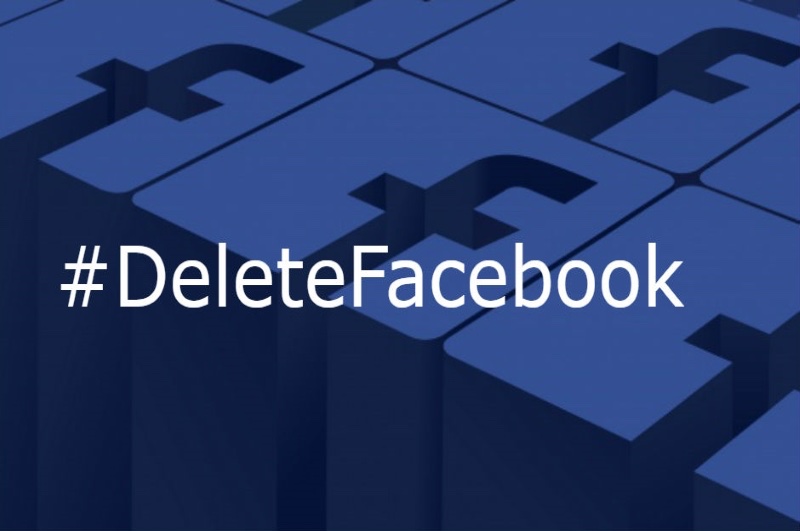Just two months ago, the #deletefacebook hashtag was trending all over the Internet due to the Cambridge Analytica scandal. Back then, it was revealed that Facebook had allowed third parties to scrape users’ personal data. Aleksandr Kogan, a University of Cambridge psychology professor, had obtained the data of about 87 million Facebook users, which was then used in the Trump election campaign, among others.
Since then, it has come to light that – besides Kogan – various other scholars have been harvesting information from Facebook accounts, capturing the behavior of millions of individuals.
For example, Swedish and Polish researchers were using a program called “scraper” that logged every comment and interaction from a selected number of Facebook pages for about two years.
“It is still not clear how the data of these millions of scraped profiles is being used,” says Marty P. Kamden, CMO of NordVPN. “As for Cambridge Analytica, at least we know where this data went –it was used to influence elections. How about all the other millions of profiles, collected by other scholars? We know that academic institutions do not always have experts in online security and data protection. Past experience shows that lots of this private information is stored on unsecure servers, and may be sold to marketers, stolen by hackers or handed over to political parties or consulting firms.”
The retained data may include people’s interests, preferences, geographical location, political profile and much more. The amount of collected data allows to match it with profiles and identify the actual people hiding behind anonymized profiles and to target them with specific messages, whether commercial or political. It can also end up in the wrong hands, allowing hackers to expose private information or to blackmail Facebook users.
NordVPN recommends following some simple rules that can help avoid being tracked on Facebook. It’s important not to use any third-party apps, such as quizzes, that require access to a user’s profile. It’s also advisable to revoke access to Facebook apps that are no longer in use or that offer users to get likes or followers.
Outside of Facebook, users should use ad blockers, regularly delete cookies and install anti-tracking browser extensions, such as Disconnect Private Browsing or Privacy Badger. Using a VPN is also crucial – it helps to browse the Internet privately and encrypts the data between a user’s device and the VPN server.
For more information, please visit nordvpn.





